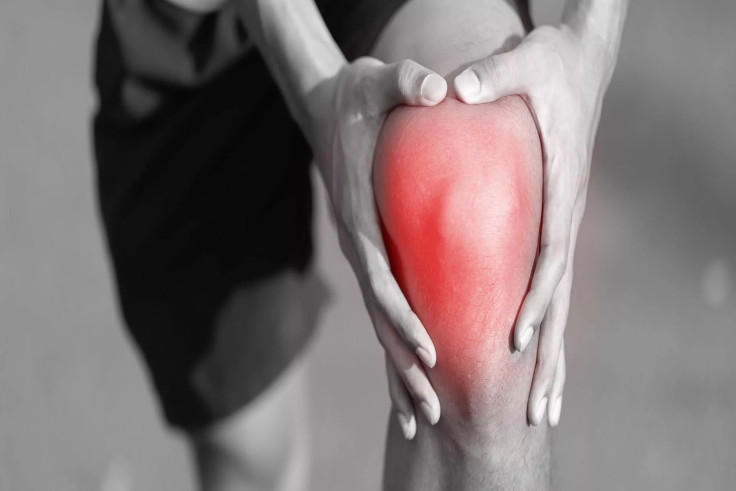Signs Of Depression May Linger Even After Joint Pain Subsides In Orthopedic Patients, Study Says

While minor knee pains typically heal within one to two weeks, severe ones not only remain for a longer duration but can also give rise to mental health concerns. A new study suggests that even when the physical pain subsides, it doesn't mean the mental health issues will improve.
"We wanted to find out if patients have fewer symptoms of anxiety and depression as physical function improves and pain lessens," senior study author Dr. Abby Cheng, an assistant professor of orthopedic surgery at Washington University School of Medicine in St. Louis, told UPI. "The answer is that they mostly do not."
"What was interesting to me was that patients' anxiety lessened somewhat in cases where patients experienced notable improvements in physical health, but depression did not improve in many such instances," she said. "As physicians, what we really care about is how patients feel. One patient might be happy because now he or she can walk a mile, and that's good. But other patients who can walk a mile might not be happy because they no longer can run marathons, and that's not good. Patient perceptions of their well-being are what are really important, and those don't necessarily improve when pain diminishes and physical function improves."
The study was published in JAMA Network Open.
Researchers followed data from more than 11,000 patients who came for treatment in Washington University orthopedic clinics over the span of seven years. Each patient was given a tablet at check-in and asked whether their orthopedic problems were posing any hazards in their lives.
They were asked "how much did pain interfere with your ability to do household chores?" and "how much did pain make it difficult to fall asleep?" The questionnaire also included queries about each person's mental health and wellness.
"Our goal is to treat a person, not just fix a hip or a knee, and physical problems are connected to mood and anxiety, even to depression," Cheng said. "Patients have a lot going on, and it's difficult to provide good care without taking the big picture into account."
Some previous studies showed that treating musculoskeletal problems can improve the mental health of patients, but the latest study didn't find the same.
"Patients may be less anxious six months after surgery, but five years down the line the story may be very different," she said. "Those symptoms of anxiety often return, although perhaps the focus of the anxiety no longer is related to the patient's hip or other orthopedic problem."



























